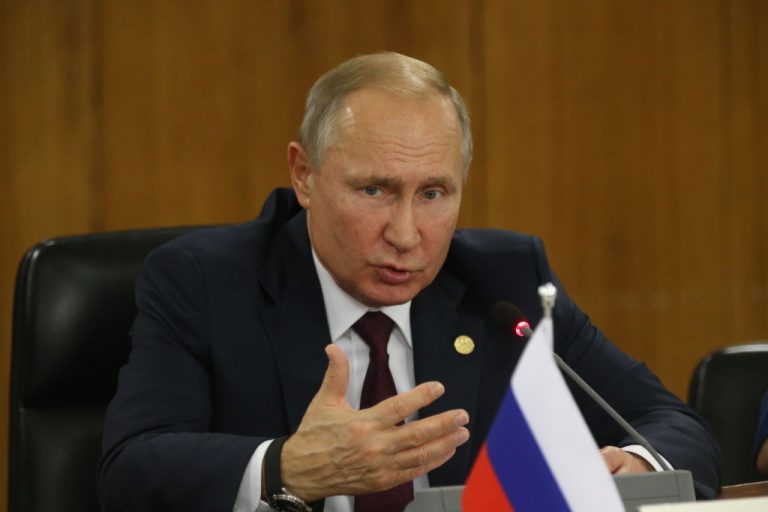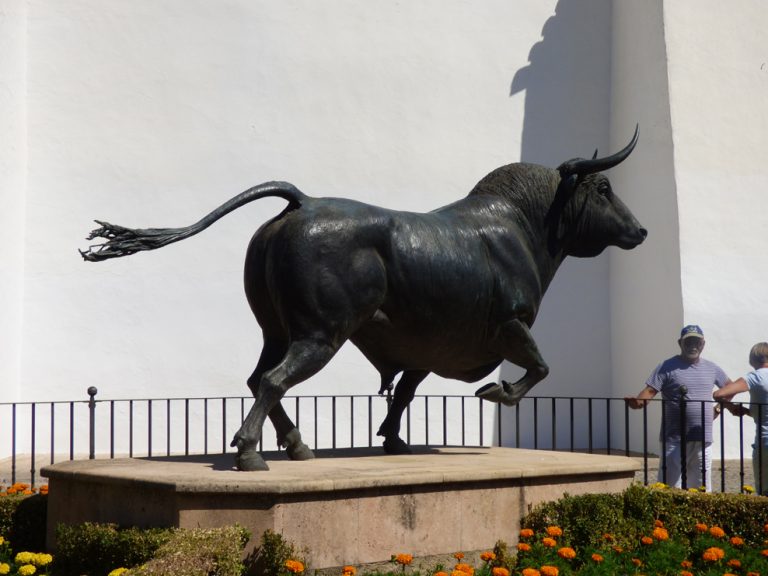Territorial tensions between Ukraine and Russia have existed for many years. Recently, Moscow has amassed over 100,000 troops near the Ukrainian border.
Moscow and Beijing have meanwhile seemed to have strengthened their relationship. Recent data shows that trade between the two nations increased in the past year.
According to China’s General Administration of Customs, Russia-China trade hit $146.88 billion in 2021, an increase of 35.8 percent from 2020. Trade between both countries has risen by 167 percent since 2010.
During this period, Beijing and Moscow committed to several high-profile projects like the $13 billion Amur gas processing plant, the $25 billion Eastern Siberia-Pacific Ocean Pipeline, and the $55 billion Power of Siberia-1 natural gas pipeline. Both China and Russia have committed to raising bilateral trade to $200 billion by 2024.
However, the bilateral trade is heavily skewed in China’s favor, giving Beijing power over Moscow. In 2020, China’s export to Russia only made up 0.3 percent of its GDP while Russia’s exports to China made up 4 percent of Moscow’s GDP. In 2021, China alone accounted for 18 percent of Russia’s total trade turnover.
Success
You are now signed up for our newsletter
Success
Check your email to complete sign up
Russia only made up just over two percent of China’s total trade turnover. These statistics show that Russia is more heavily reliant on China for its economic stability than China is on Russia.
“Obviously China cannot replace everything. But in many areas, China offers a serious alternative to Western products… If sanctions are instituted, Russia won’t have any other choice but to expand trade with China—even if Chinese products in certain areas have a higher price and lower quality,” Artyom Lukin told Nikkei Asia. Lukin is a professor of international relations at Russia’s Far Eastern Federal University.
Lukin said officials in Russia are consulting with Beijing on limiting the impact of Western sanctions. Considering how assertive Moscow has been acting lately, Lukin believes that Putin has received “some guarantees” from Chinese leader Xi Jinping that Beijing will stand “shoulder to shoulder” with the Kremlin in case a war erupts in Ukraine and the West imposes sanctions on Russia.
A Jan. 22 article from Bloomberg also speculated that Xi might have asked Putin to avoid invading Ukraine amidst the Winter Olympics scheduled to take place in Beijing in February. Putin will be attending the opening ceremony of the Games. He is likely to meet with Xi and sign multiple economic and political contracts.
Moscow denied the Bloomberg report, calling it “fake news” and accusing it of “inflaming tensions.” Beijing also lashed out at the report.
“The report is purely made up out of thin air. It seeks not only to smear and drive a wedge in China-Russia relations but also to deliberately disrupt and undermine the Beijing Winter Olympics,” Chinese foreign ministry spokesperson Zhao Lijian said in a press briefing.
Zhao called Russia’s security concerns regarding Ukraine “legitimate.” Moscow wants the West to guarantee that Ukraine will not be allowed into NATO as a member state. Zhao called NATO a “Cold War remnant,” insisting that the organization abandon its “Cold War mentality and ideological bias.”















